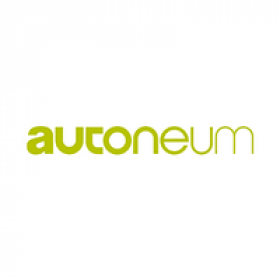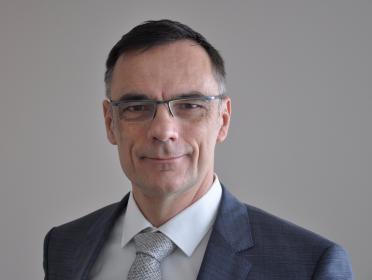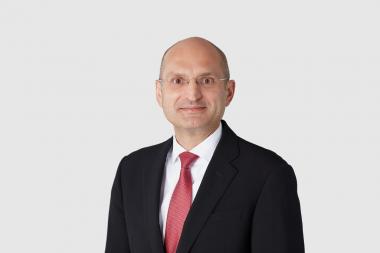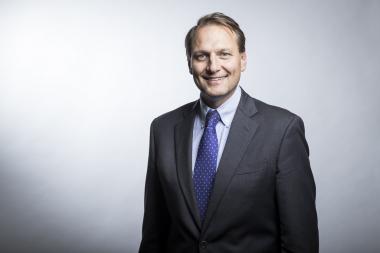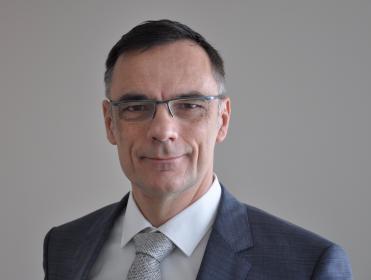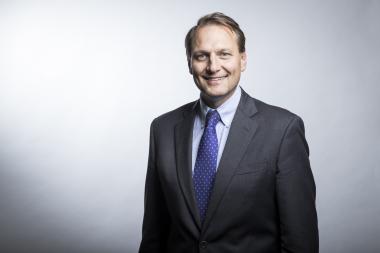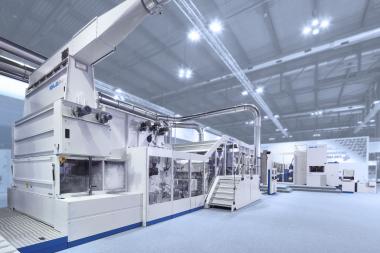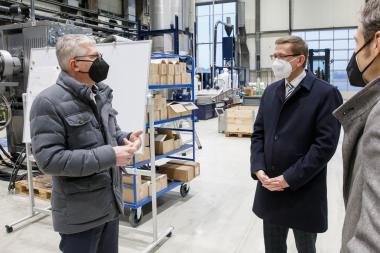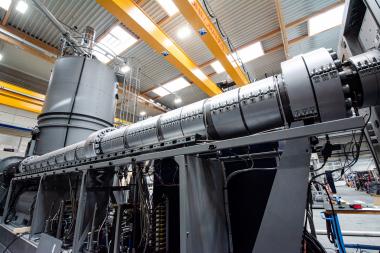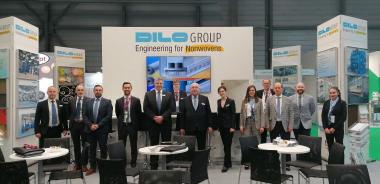Annual General Meeting approves dividend of CHF 1.50 per share
The shareholders of Autoneum Holding Ltd approved all proposals of the Board of Directors at today’s Annual General Meeting and agreed to the proposed dividend of CHF 1.50 per share. Norbert Indlekofer becomes a new member of the Compensation Committee following the previously announced departure of This E. Schneider.
In accordance with Ordinance 3 on Measures to Combat the Coronavirus (COVID-19), the Board of Directors of Autoneum Holding Ltd decided to hold the 2022 Annual General Meeting without the physical presence of the shareholders. For this reason, the Company asked them in advance to exercise their rights exclusively through the independent voting proxy. He represented 66.9% of a total of 4 672 363 shares.
The shareholders approved the Annual Report, the Annual Financial Statements and the Consolidated Financial Statements for 2021 as well as the proposed appropriation of available earnings. A dividend of CHF 1.50 per registered share will be paid out as of March 29, 2022. This corresponds to a distribution of around CHF 7 million, or around 30% of the consolidated profit attributable to Autoneum shareholders.
Hans-Peter Schwald, Chairman of the Board of Directors, emphasized in his video message that the return to profitability and the distribution of a dividend are to be viewed as a positive sign and a success, especially given the challenging environment. CEO Matthias Holzammer, for his part, indicated how important the corporate strategy is for the ongoing and future success of the Company and how it was implemented last year. In addition, he highlighted that through its own strengths Autoneum had managed to improve its operating result in all four regions and to position itself well for the future.
Chairman Hans-Peter Schwald and the other members of the Board of Directors Rainer Schmückle, Liane Hirner, Norbert Indlekofer, Michael Pieper, Oliver Streuli and Ferdinand Stutz were confirmed in office for another year. Hans-Peter Schwald, Ferdinand Stutz and Oliver Streuli were re-elected to the Compensation Committee. Newly elected to the Compensation Committee was Norbert Indlekofer.
Autoneum AG


